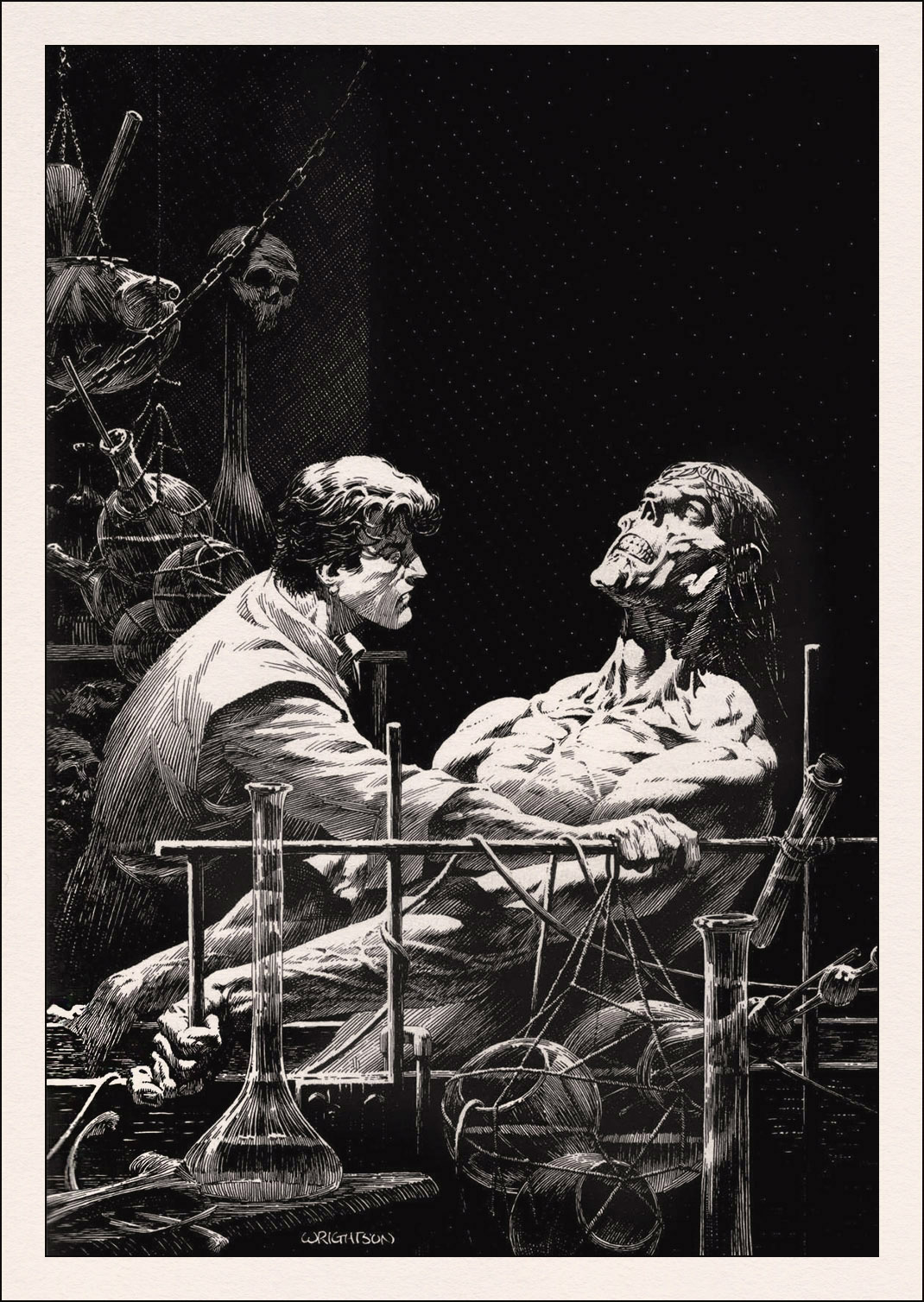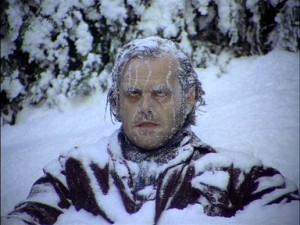I’ve already got a confession to make, and it’s the very first line of post. This is actually one of my biggest pet peeves: when people assume horror fiction is the exact same as horror movies. But can I blame them? Both are the horror genre, so why wouldn’t someone assume they were the same?
First, let’s take a look at horror movies. Georges Melies, a French filmmaker, created the very first horror film Manior Du Diable (The Devil’s Castle). It’s about three minutes long, and reminds me of a little bit of Jack the Giant Killer from 1962. Manior Du Diable is a quirky exploration of the magic of camera work and editing at the time, but it’s also a great frame of reference in which to see horror: horror deals with the supernatural, things in which we don’t quite understand, and the unexplained.
But the actual definition of horror is much different. Horror means a very strong feeling of fear, dread, and shock, or anything that causes feelings of fear, dread, and shock (Merriam Webster).
Unlike Manior Du Diable, more contemporary horror classics focus on the later part of the definition: shock. Friday the 13th. The Exorcist. Saw. We cringe in the theater seats at these movies saying, “Oh no. Don’t do that!” and “Oh no, don’t go in there!” We cover our eyes and peek out between our fingers. We see characters getting their limbs torn/ripped/chopped/pulled/blown off. Blood and gore are a cornerstone for many a horror film, in particular the B-movie variety. Some films even go so far as including triggering subject matter, like rape and violation. But most horror movies are going after the same effect: to make the audience jump in their seats, to scare audiences. A lot of thought, time, and care is put into production in order to achieve just the right music, lighting, and make-up effects for the big scary moments and the big reveals in order to make the audience all but pee their pants.
Horror literature seems to take the definition of horror more figuratively, deeply exploring the things we find scary or shocking, things we might not be able to explain, and examines them in depth. Instead of going for the screams, horror writers go more for effect. Where horror film may adopt the literal definition of the word horror (fear, dread, shock), horror literature seems to capture more of the thrill. Part of that could also be a byproduct of the medium. While movies are a more sensory experience with sight and sound, with books, the reader is allowed to imagine as much or as little as what’s on the page. It takes time to read a book, and the mind has more time to come up with possibilities and presumptions about what’s coming. More telling, popular horror literature deals with different subject matter. While a movie’s big focus may be the blood and gore, horror lit still needs to stand on its own two feet as a story. That means strong characters and character development, some element of the fantastic, whether it be a human hell-bent on murder or a vampire, and a bare-bones foundation of a story that is more than a cheap thrill.
I’d argue it goes much deeper still. It comes down to a question: what is the purpose of a horror movie and what is the purpose of a book in the horror genre? In movies, we are given very little time to empathize with our characters before the action begins. Because it isn’t necessary. When a moviegoer pays their money to see a horror flick, they are banking on the promise that they will get a good scare. When a book buyer pays money for a horror book, they pay for a more cerebral experience: they will spend hours with the characters, get to know them, and feel what they feel as the book progresses. In a horror movie, we are watching horrible things happen to the characters. In a horror book, we are experiencing the fantastic, the uncomfortable, right along with them.
I should note that I’m not trying to diss horror films. One of my favorite movies is a horror film (The Thing). And there are many exceptions to the points I’ve brought up here. There are some horror movies that I find downright artful (Let the Right One In and 28 Days Later… come to mind), and go beyond the stereotypical horror genre. And there are certainly horror books where the only purpose is to shock and cause dread to the readers. But I’d argue you’re going to find that those are the few and far between.
The horror genre is more saturated with books like The Shining by Stephen King that, while dealing with horror elements, also deals with Jack Torrance’s fear of succumbing to alcoholism. You care about Jack Torrance as you read The Shining. The Walking Dead, the long-running comic book series and the TV show, doesn’t just deal in zombies. The Walking Dead is about what happens to humanity and how humanity changes in the wake of near-extinction and the constant threat of death. I Am Legend (the book by Richard Matheson, one of my favorite books) is about the loneliness of being the last of your kind. Interview with the Vampire by Anne Rice has less to do with vampires and more to do with the question of what it means to be mortal. Frankenstein by Mary Shelley is not about the monster, but what it means to be human, the power of science, and the power of creating life from death.

Finally, the most notable difference between horror movies and horror literature has to do with who the bad guy really is. In most horror films, there is a clear line between the protagonists and antagonists. Us vs. Them. Predator vs. Prey. One force hunts the other force down. Horror books, I’d argue, more so examine the darkness that comes from within, and duality of our own nature. We can be both the good guy and the bad guy. We can have good intentions (just as Victor Frankenstein did in bringing back the dead), but instead create a monster of ourselves. What horror literature looks to achieve is to strike empathy within the reader in the most dire and uncomfortable of circumstances, not necessarily to shock or scare, but to say, “Here’s the darkness, let’s go in and look around together.”


